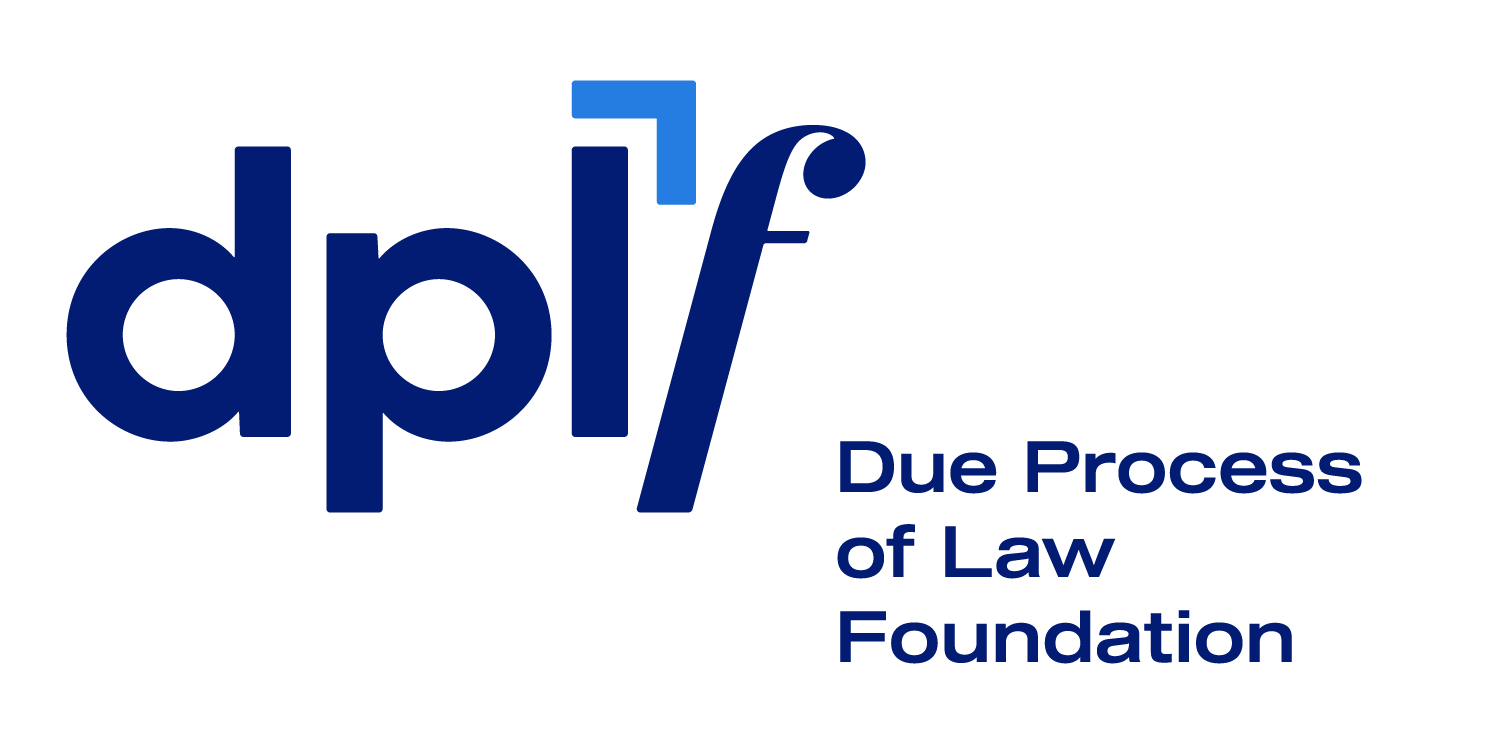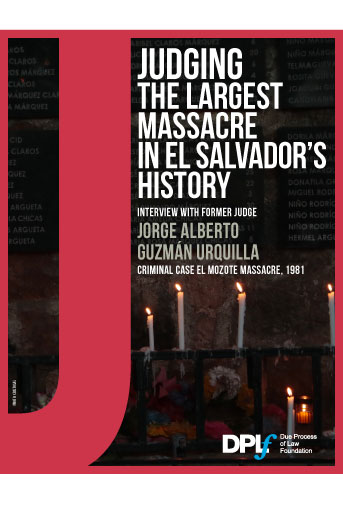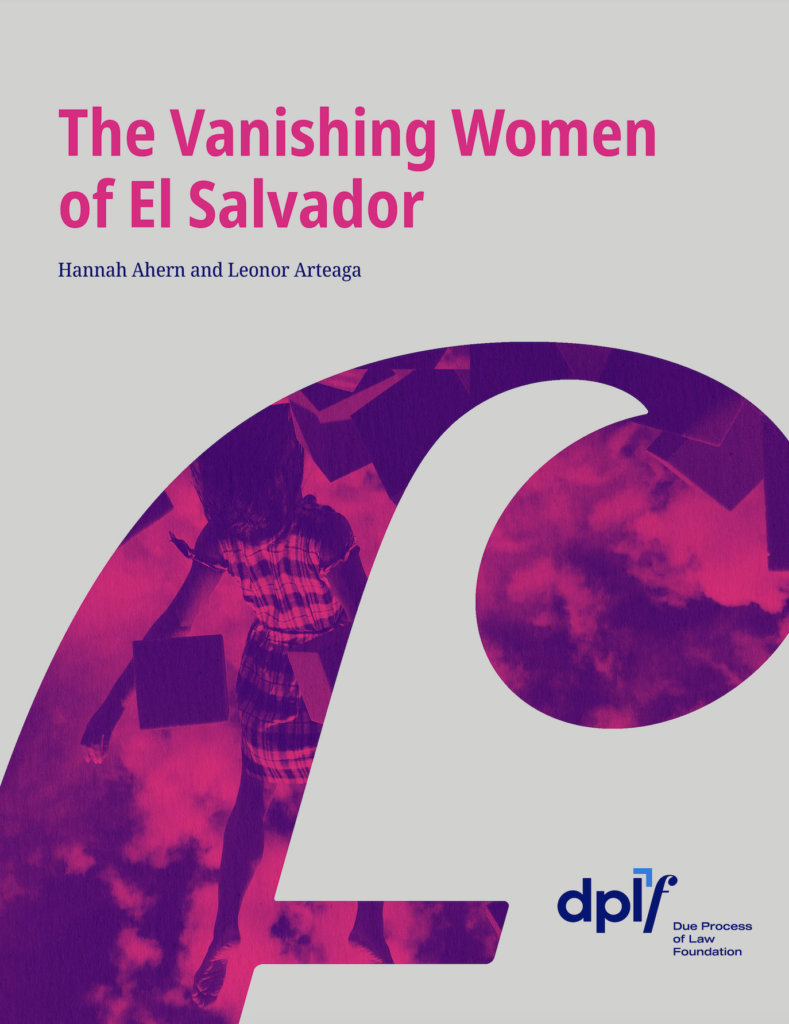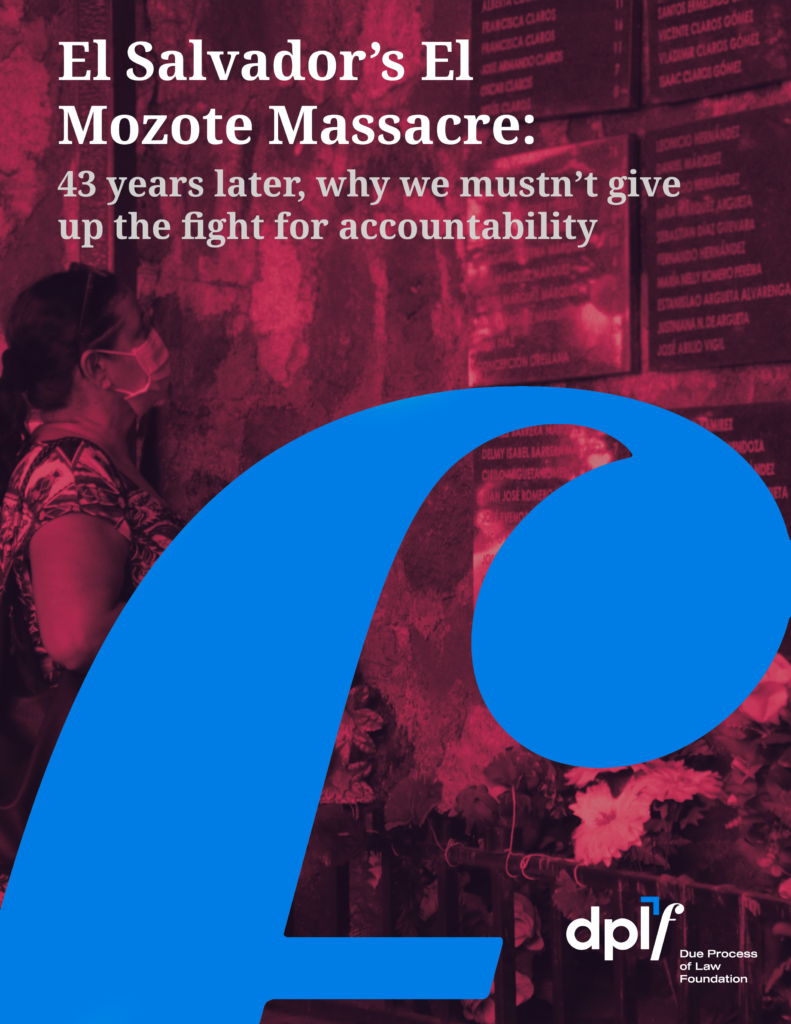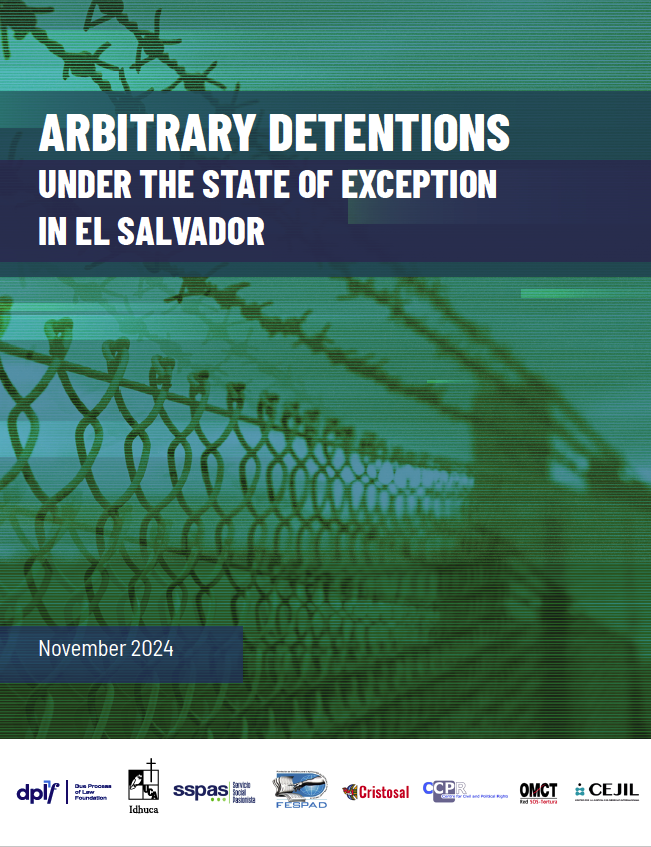A little over 40 years ago, the village of El Mozote and its surroundings was the scene of an unprecedented massacre. It was December 1981 when, in that community in northeastern El Salvador, almost 1,000 people were executed by the military in the worst massacre of civilians that the country experienced during the armed conflict (1980-1992). More than half the victims were children. Survivors and witnesses were silenced by successive governments, while the members of the military involved – both material and intellectual perpetrators – have remained free for decades.
In 1990, the victims, accompanied by civil society organizations, filed a complaint before the local court; but shortly thereafter the process was illegally closed when an Amnesty Law came into force. It was not until October 2016, after a sentence declaring that law unconstitutional, when the then-judge of the Court of First Instance of San Francisco Gotera, Jorge Guzmán Urquilla, took the task of justice seriously and admitted a petition by the victims, and the Human Rights Association Tutela Legal “Dr. María Julia Hernández” (formerly OTLA) and Cristosal, to reopen the case: 16 high-ranking military leaders were charged in this unprecedented trial in El Salvador.
In Latin America, crimes against humanity and war crimes, such as those of El Mozote, have been tried through specialized prosecutors and courts of justice; however, El Salvador lacks this jurisdiction. Judge Guzmán, with no major tools, achieved significant advances in what is today one of the most significant cases of the Salvadoran war currently being tried. This is the story of the difficulties he faced and the challenges in the prosecution of the criminal case.
